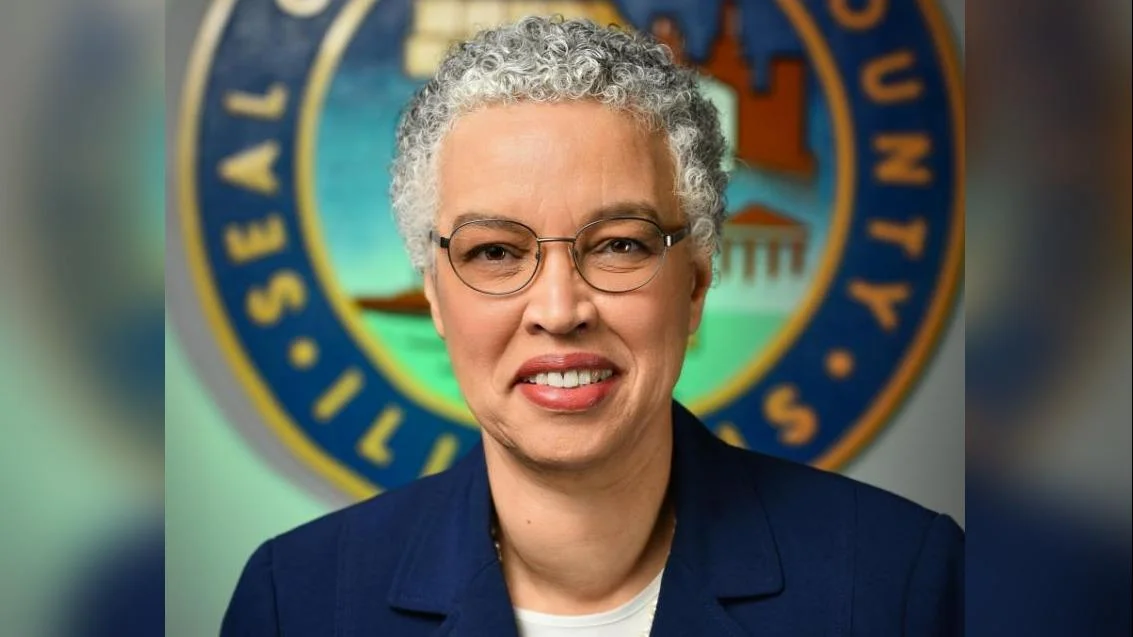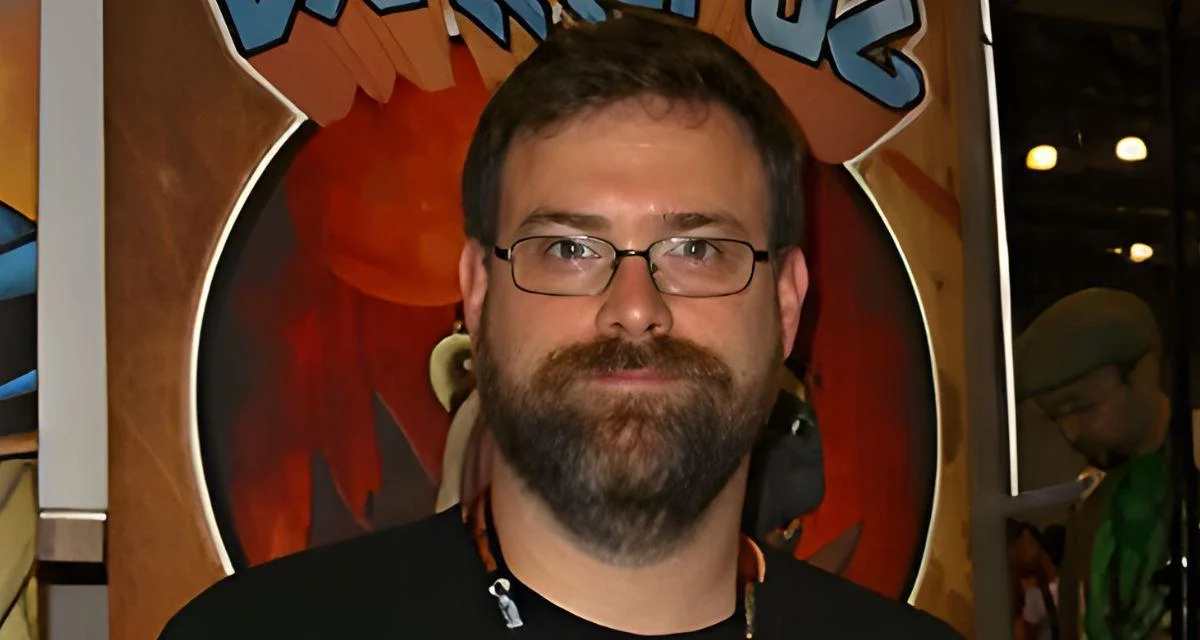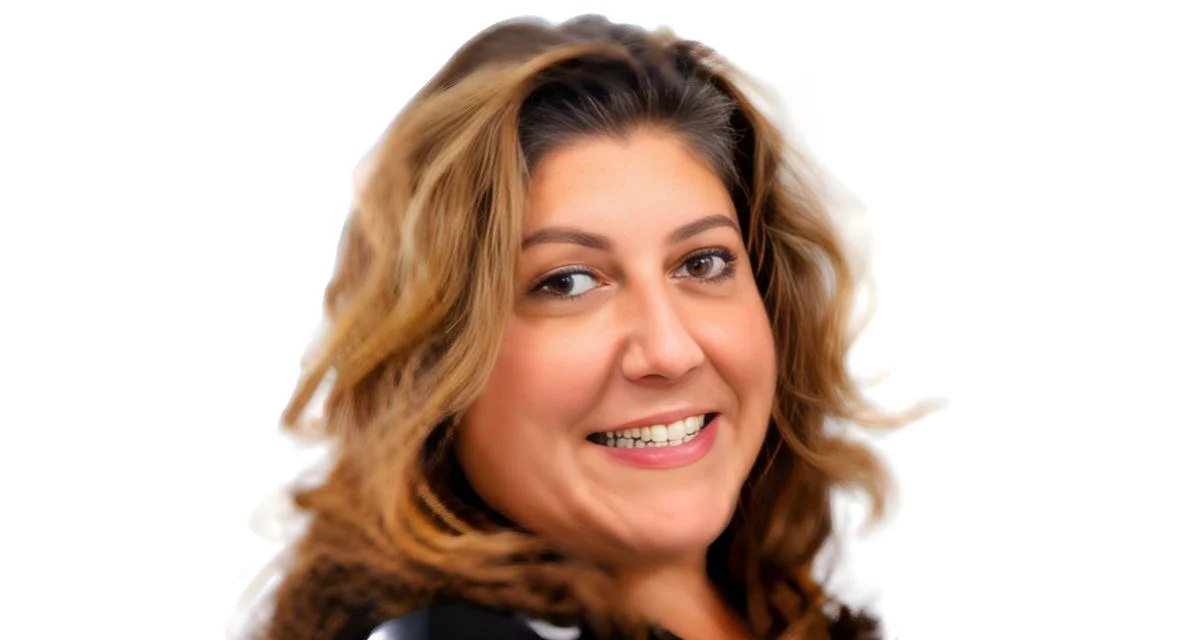During a visit to Greece for World Council of Churches meetings, a group explored Synyparxis, a program supporting unaccompanied minors arriving in the country. These young individuals, primarily teenage boys from Egypt, Afghanistan, and parts of Africa, are sent by their families to seek better opportunities. The Church of Greece initiated this program to address their needs.
The site visited accommodates 30 youths, with four other similar sites operated by the church. Participants attend school, maintain communication with their families, and receive assistance with legal documentation. They adhere to schedules and some learn Greek. A full range of services is provided.
In discussions with priests and coordinators of the program, a question arose about its motivation. The response was: “We saw the needs of these unaccompanied children and we thought about how we would want to be treated if we were refugees.” The program is funded by the Greek government.
The concept of treating others as one would like to be treated is considered a lost art in today's society where individualism prevails. This narrative is evident in media and political responses that prioritize personal gain over community welfare. Current budget proposals in Congress could result in millions losing benefits while benefiting those accumulating wealth.
Recent debates on empathy have surfaced following Elon Musk's comments labeling it as a weakness in Western civilization. However, empathy remains crucial for understanding others' feelings and aligns with the Golden Rule: “So in everything, do to others what you would have them do to you” (Matthew 7:12).
Privilege has been seen as eroding empathy as lawmakers cut benefits for vulnerable populations while increasing deficits affecting those with fewer resources. Nonprofits and churches are expected to support marginalized communities amid scrutiny over nonprofit status.
Globally, lack of empathy correlates with rising violence as governments prioritize power over people’s lives. Denying others' humanity fuels conflicts between perceived differences.
Empathy should not be viewed negatively; it allows connections based on shared desires for good outcomes. Despite potential exploitation by some, living by the Golden Rule should not be discouraged or shamed.
 Alerts Sign-up
Alerts Sign-up





